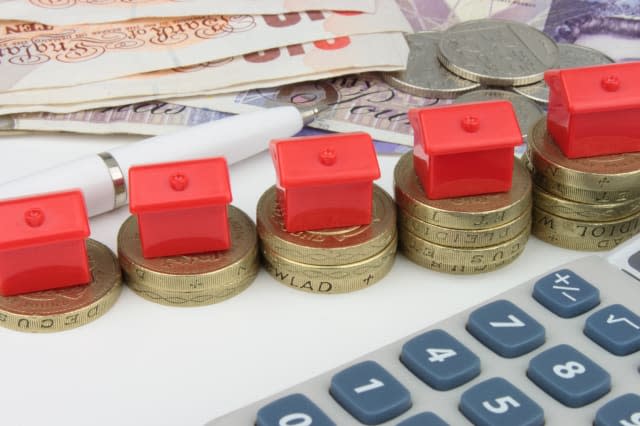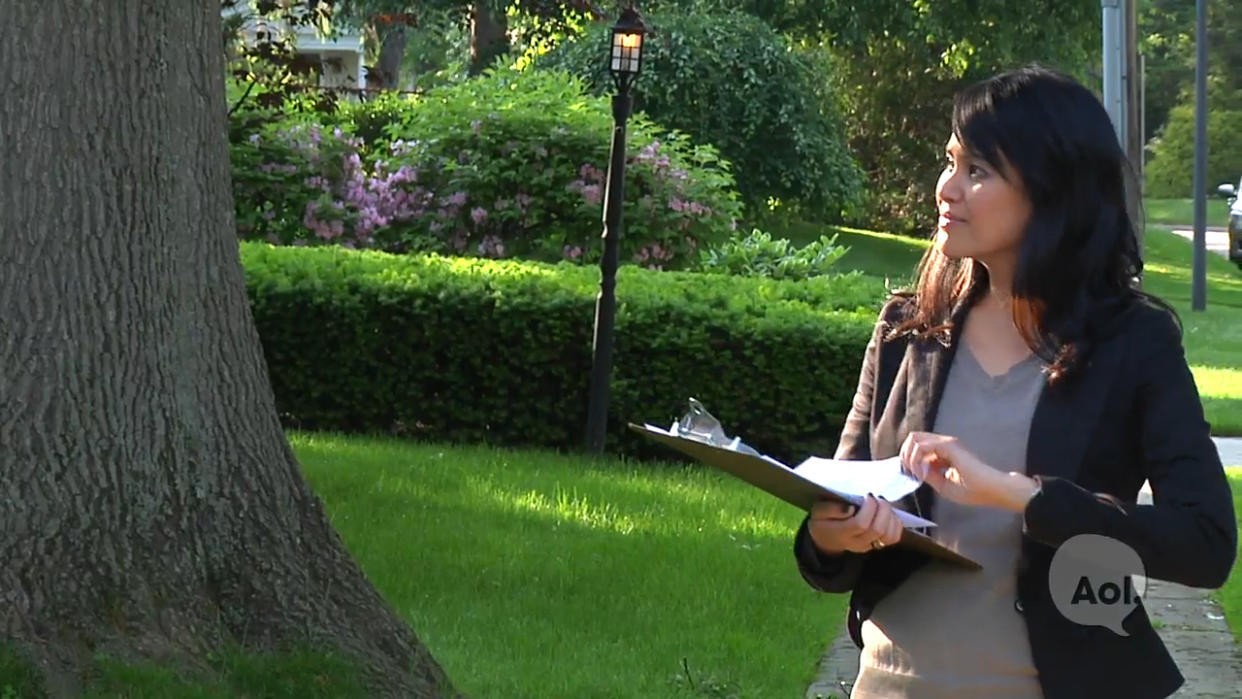Runaway house prices set to be reined in

House sales will slow down for the next few months - taking the heat out of the market for the traditionally busy spring season. The Royal Institution of Chartered Surveyors products that as a result house price rises will calm down.
The catalyst, according to RICS, will be the changes in stamp duty at the beginning of April, which mean investors will be charged a 3% tax premium when they buy an investment property.
The tax change initially fuelled another surge in prices. News of the proposed change emerged in the Autumn Statement, and markets reacted swiftly. House price inflation peaked in December ahead of an anticipated rush to beat buy-to-let tax rises.
Estate agents predict that prices will continue to rise fast until the new tax rates come in. However, at that point, they expect them to drop off dramatically.
Only a fifth of agents expect prices to increase in the next three months, and Simon Rubinsohn, RICS Chief Economist, says: "Although agreed sales in February were strong, the dip in new buyer enquiries suggests that it might be reasonable to assume a slower market in the spring as a result of this change."
The regions
In some parts of the UK we can expect to see even more dramatic changes. The North East, for example, has seen house price rises slow to a trickle, so further falls in buyer numbers could see prices turn negative.
Meanwhile, in the most expensive parts of central London - in Zone One - sales have already been sluggish for months, as tax changes, international growth problems and runaway prices of the past took their toll. Now, the researchers say, price expectations have turned negative - so we will see some falls in the previous hotspots.
The rest of inner London is also expected to calm down, and although estate agents expect prices to continue to rise - they don't expect the rampant inflation we have seen recently.
Outer London, however, is expected to continue to see robust growth, as high inner London prices continue to push buyers further and further out.
Long term
More long-term, the picture is more mixed. Rubinsohn doesn't expect the falls in central London to take hold elsewhere. He says: "While there remain significant doubts as to whether the Government's plans to encourage a more robust development and construction pipeline will be sufficient to address the housing crisis, long-term price indications for the housing market remain strong, with respondents still expecting them to rise by a further 25 per cent over the next five years."
However, elsewhere, commentators are showing less enthusiasm for house prices. Martin Ellis, Halifax housing economist, said earlier this month that while house prices are being driven higher by an imbalance of supply and demand at the moment, there were some signs that this situation may not continue over the long term.
He said: "There are some tentative signs that the supply situation may be beginning to improve. Instructions for secondhand properties coming up for sale have increased in the past two months and the level of housebuilding increased significantly in 2015." He added that demand may not always remain so high either, adding: "Further ahead, increasing affordability issues, as house price increases continue to exceed wage growth, are likely to curb housing demand and cause price growth to ease."
But what do you think? Are we set for prices to ease off, and how would you feel if they did? Let us know in the comments.





